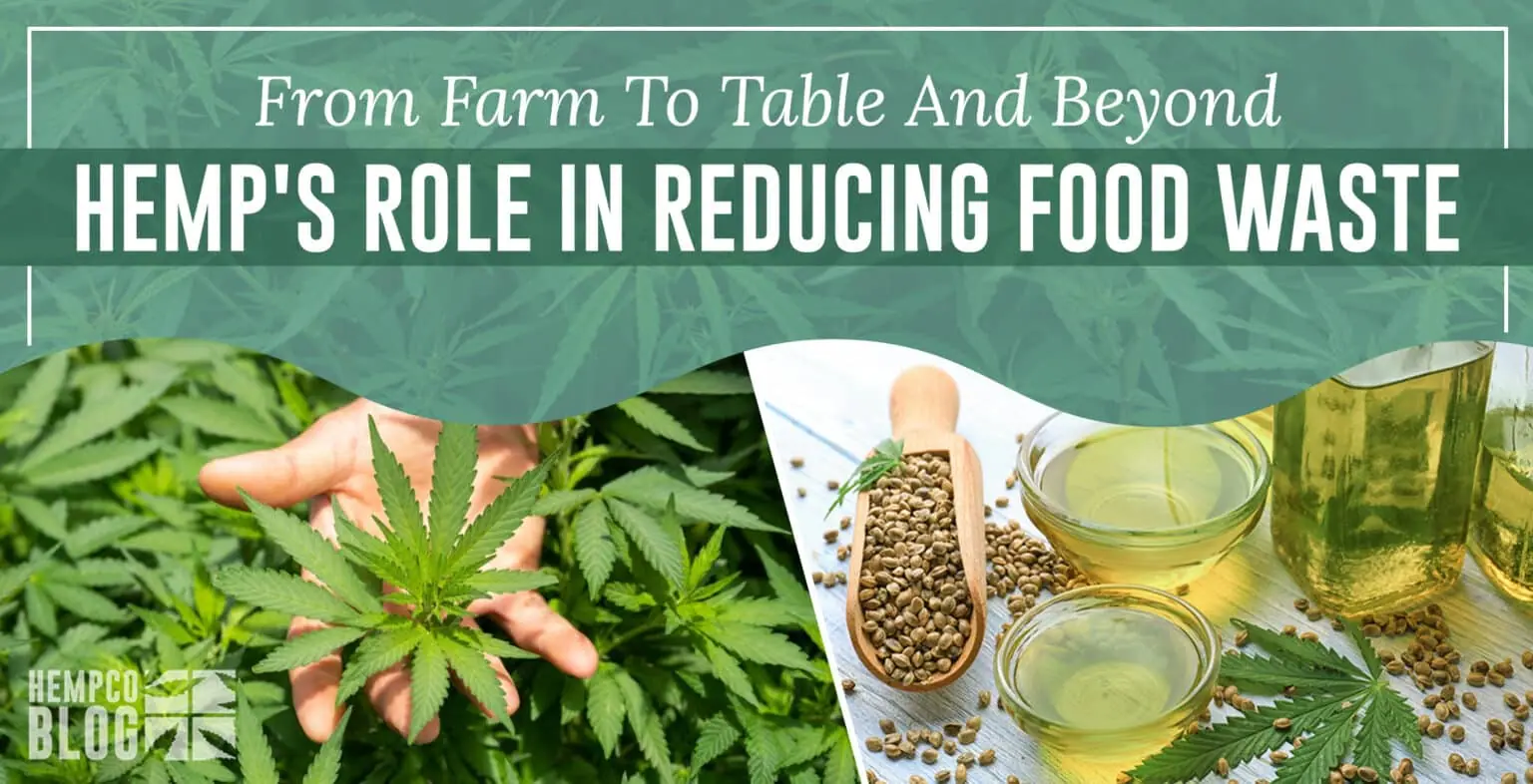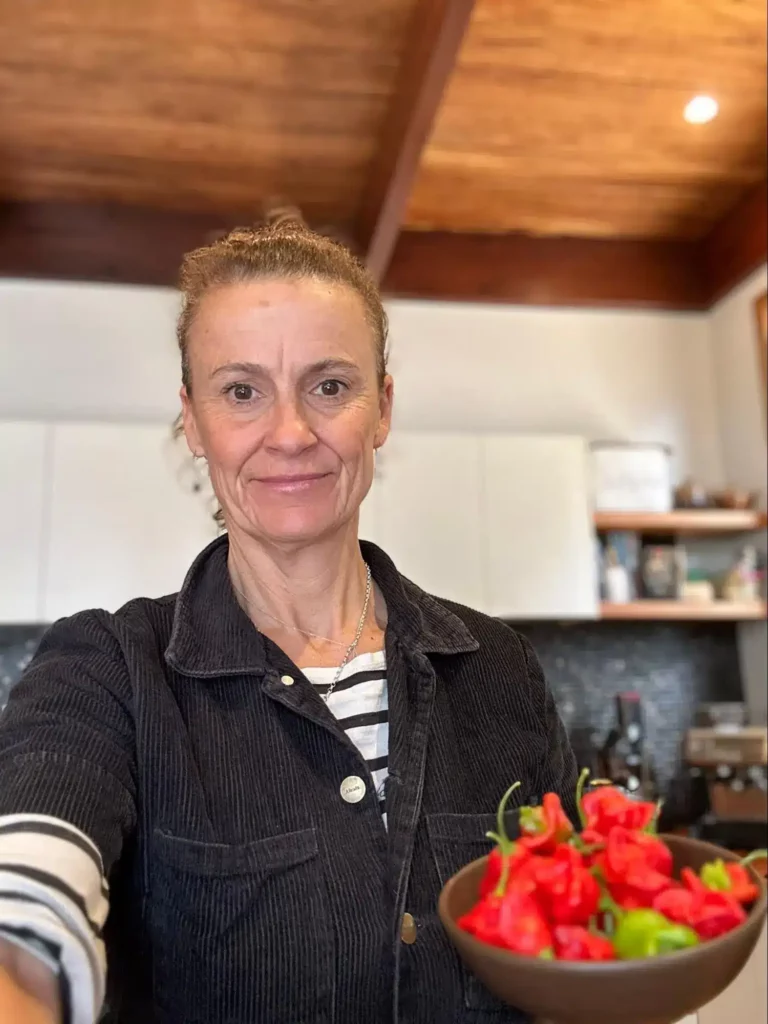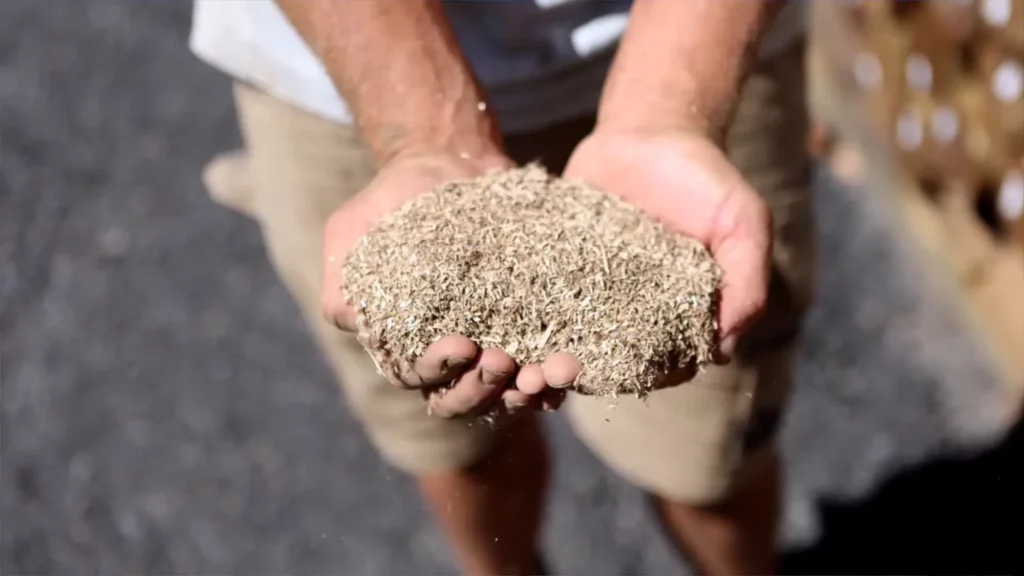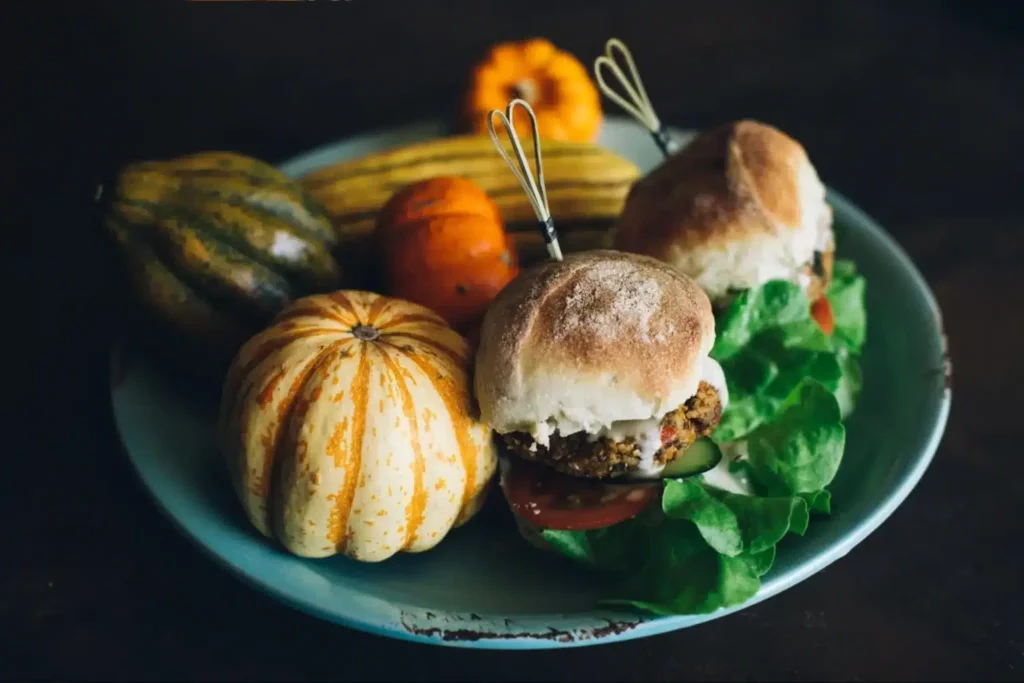Menu

Food waste is a serious global issue that we all need to tackle. As the world's population grows, so does the demand for food – and, regrettably, so does the amount of food that ends up in the trash. This cycle has far-reaching effects, from starving populations to a warming climate.
Wasted food also signifies wasted resources – the water, energy, and labour spent in production, transportation, and disposal. When discarded food decomposes in landfills, it emits methane, a potent greenhouse gas. However, we have the power to break this cycle, and interestingly, one of the tools we can use is hemp.

1. Plan Your Meals: A meal plan prevents impulse purchases and helps you buy only what you need. For example, if you plan a week's worth of dinners, you can make a precise shopping list and stick to it.
2. Use Leftovers Creatively: Reimagine leftovers as ingredients for new meals. For instance, roast chicken from dinner can become a hearty chicken salad for lunch.
3. Understand 'Best Before' Dates: 'Best before' dates refer to quality, not safety. A slightly soft apple might not be at its peak, but it's perfect for a smoothie or apple sauce.
4. Freeze Surplus Food: Freezing preserves many food items, from ripe fruits to leftover soup. Label and date your frozen items to keep track of them.
In our journey at Margaret River Hemp Co, we've applied the same principles of reducing waste to our farming practices. Despite government regulations requiring us to discard parts of our hemp crops, we found a way to make use of these "waste" materials.

From hemp leaves and stalks, we've developed a sustainable method for building homes. This innovation underscores how shifting our perspectives can turn waste into resources. The same principle can apply to our kitchen habits.
Engaging the younger generation in these practices is vital. Simple activities like planning meals, preparing food, and starting a compost bin together can instil the importance of sustainability in children.

Composting, another powerful tool in fighting food waste, turns kitchen scraps into nutrient-rich soil. Whether you compost at home or participate in community composting, you're contributing to a circular economy.
Through our work, we've seen the transformative potential of sustainable practices and the versatile hemp plant. I encourage you to apply these waste-reducing strategies in your own kitchen. Explore the benefits of hemp, and together, we can create a more sustainable future for our planet.